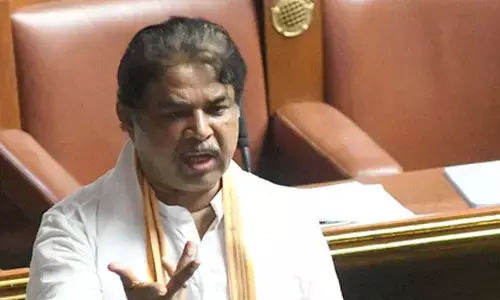Is the Pursuit of On-Life Enough to Attain Moksha?

In the quest for spiritual enlightenment and liberation from the cycle of birth and rebirth, known as samsara, various paths and philosophies have emerged throughout history
In the quest for spiritual enlightenment and liberation from the cycle of birth and rebirth, known as samsara, various paths and philosophies have emerged throughout history. One such path is the pursuit of an “on-life,” a concept that encapsulates living in harmony with oneself and the universe. But the question arises: Is this pursuit alone sufficient to attain moksha, the ultimate goal of liberation in Hinduism?
Moksha, often described as liberation, enlightenment, or union with the divine, is the highest state of existence according to Hindu philosophy. It signifies freedom from the cycle of death and rebirth, allowing the soul to merge with the eternal consciousness or Brahman. Achieving moksha is the ultimate aim for many seekers on the spiritual path.
The concept of an “on-life” encompasses living a life of balance, mindfulness, and spiritual awareness. It involves practicing virtues such as compassion, truthfulness, non-violence, and self-discipline. Those who adhere to the principles of an on-life seek to cultivate inner peace, harmony, and contentment amidst the challenges of existence. Advocates of the on-life philosophy argue that by living in alignment with universal principles and spiritual values, individuals can gradually transcend the limitations of the ego and the material world. Through self-awareness, introspection, and mindfulness practices such as meditation and yoga, they aim to dissolve the illusion of separateness and connect with the higher self or divine consciousness within.
However, while the pursuit of an on-life is undoubtedly beneficial for personal growth and spiritual evolution, it may not be sufficient in itself to attain moksha. According to Hindu scriptures and spiritual teachings, moksha is not merely a state of mind or a temporary experience of bliss; it is a profound transformation of consciousness that transcends individual identity and merges with the infinite.
In the Bhagavad Gita, Lord Krishna emphasizes the importance of selfless action (karma yoga), devotion to the divine (bhakti yoga), and the pursuit of knowledge (jnana yoga) as paths to liberation. These paths complement the on-life philosophy by providing additional methods for spiritual realisation and self-transcendence.
Karma yoga teaches the importance of performing one’s duties selflessly, without attachment to the results, thereby purifying the mind and cultivating detachment. Bhakti yoga advocates devotion to a higher power or deity as a means of surrendering the ego and attaining union with the divine. Jnana yoga emphasizes self-inquiry and the pursuit of wisdom to discern the true nature of reality and the self.
In essence, while living an on-life is conducive to spiritual growth and inner peace, it is not an end in itself but rather a means to an end – a stepping stone on the path to moksha. By integrating the principles of an on-life with other spiritual practices such as karma yoga, bhakti yoga, and jnana yoga, seekers can cultivate a holistic approach to spiritual evolution and accelerate their journey towards liberation.
In conclusion, while the pursuit of an on-life is a noble and valuable endeavor, it is essential to recognise that moksha requires a deeper and more comprehensive transformation of consciousness. By embracing complementary spiritual practices and paths, individuals can enrich their spiritual journey and move closer to the ultimate goal of liberation from the cycle of birth and death.











